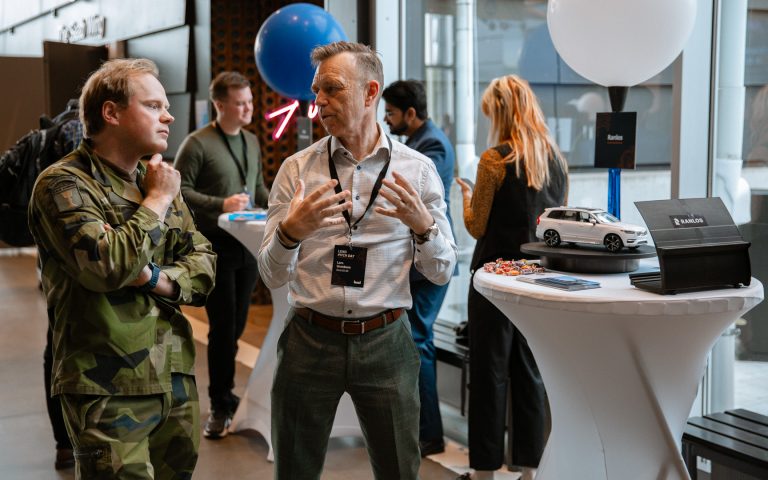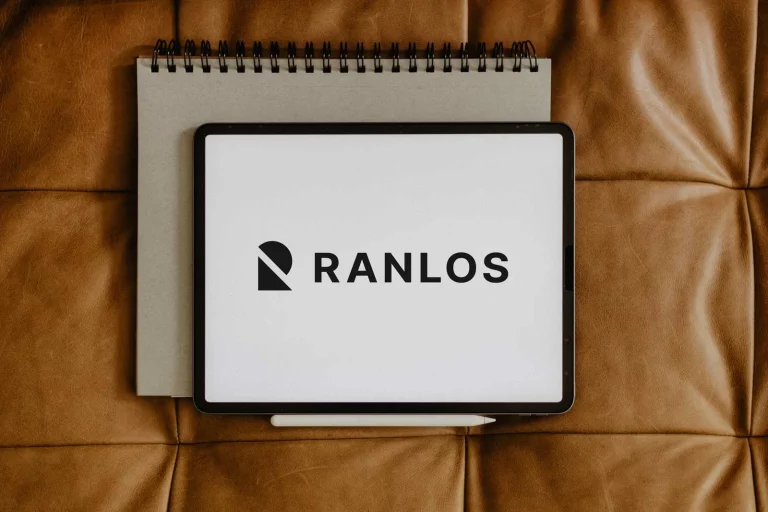
RanLOS presenterade för nyckelaktörer under LEAD Pitch Day
Den 4 juni samlades över 130 representanter från bland annat Försvarsmakten, FMV och näringslivet för avslutningen av Sveriges första civil-militära acceleratorprogram – CMIP. RanLOS var på plats för att pitcha sin lösning och diskutera samarbetsmöjligheter för framtidens försvarsteknik.



